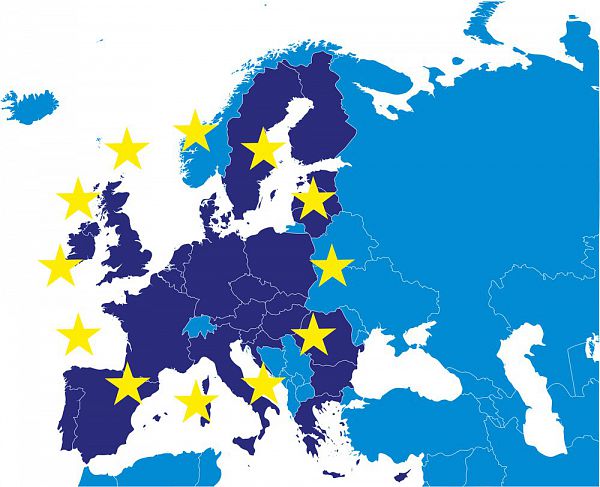Abstract The paper reveals the European Union (EU) strategies and policies as applied into the Western Balkans (WBs). I follow a chronological-related analysis of the past, present and future approach of EU towards the WB region. In the first part of the paper I give a description as well as a
Articles
From ‘Balkanization’ to ‘Europeanization’: The Stages of Western Balkans Complex Transformations
“The Whys and When enlarging to the Western Balkans”
Abstract The EU enlargement process is a work-in-progress topic and a difficult puzzle to be solved. But what the article tries to propose is a simplified model that builds upon answering two main questions, the why and when enlargement occurs. Considering the Western Balkans case, I argue that the rational incentives
The Europeanization of Western Balkans: A Fuzzy Set Qualitative Comparative Analysis of the New Potential EU Member States
Abstract Europeanization has by now become the most used and fashionable term found in social sciences. The application of the concept and the model(s) of Europeanization are thus no longer restricted only to domestic changes in EU member-state countries they are also used to study any of the domestic changes in
“Implementation of the Acquis Communautaire in EU Candidate Countries: A Reappraisal” Europa-Kolleg Hamburg, Institute for European Integration
Kosovar Multi-Layer Identity: What is the Same, Different and in Common with Albanian Identity
Abstract The debate on Whether and what a Kosovar identity may be, is a delicate subject overloaded with political nuances. In this article, I elaborate on the concept of ‘nested identities’ and propose a model of how one can conceptualize Kosovo’s identity. The model onsiders identity as a multi-layered concept with
Dynamics of Eastern Europeanisation and the Impact of “Membership Credibility” in EU Enlargement Rounds
Abstract Research on EU enlargement-led Europeanisation has extensively focused on countries from Central Eastern Europe (CEE) and only recently enriched with studies dealing with specific issues and/or countries of the Western Balkans. Yet, a more comprehensive study across current and previous potential member-state countries is needed. This article assesses to what
The Politics of EU Enlargement Revisited – What conditions matter in the case of the EU’s South-Eastern enlargement?
There are considerable variations in the pace and speed of EU’s South-Eastern enlargement. Bulgaria and Romania joined European Union (EU) in 2007, Croatia became the 28th member-state only in July 2013 while the rest of the South-East European (SEE) countries are facing uncertainty about the time they will join the
Compliance with EU Legislation in the Pre-Accession Countries of South East Europe (2005–2011): A Fuzzy-set Qualitative Comparative Analysis
Abstract Compliance with European Union (EU) law and the related causal factors have been theoretically argued and empirically tested in the case of EU member-states and pre-accession countries of Central Eastern Europe. The article examines several theoretical and empirical conditions under which candidate countries of South East Europe (SEE) plausibly comply







